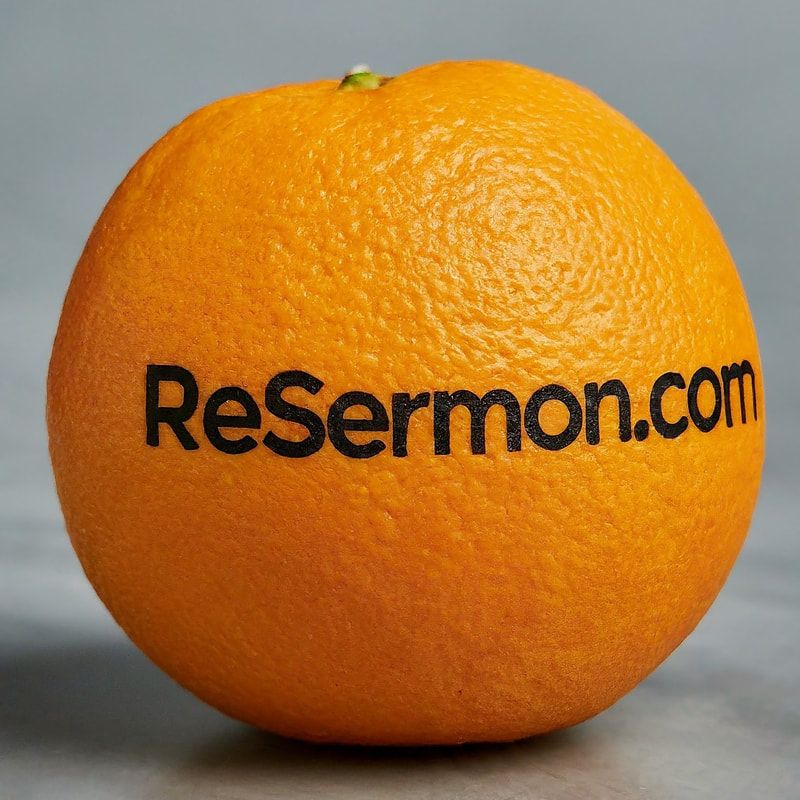|
By Christopher Mann for ReSermon.com
Why roll sermons into a book? Pastor-authors are more historically inclined to turning sermons into books for a number of good reasons. Durability. The codex gradually edged out the use of parchment scrolls by the fourth century because the codex was so much more durable, compared to newspapers and other temporal publications of the day, which typically came with no hard protective cover. The paper-based book format has proved an enduring medium time and again for the past fifteen centuries and will continue to do so even in the internet age. Refinement. Another benefit of rolling sermons into a book is the editorial refinement process required to publish a long document. Granted, in the age of self-publishing, where writers can more easily and economically access publishing platforms with little or no external assistance from editors, graphic designers, and the like, we are seeing more books published every year that do not go through this refinement process. Grammar snobs, style snobs, graphic snobs, marketing snobs and book snobs in general turn their noses up at these works and while I sympathize with these snobs a little, I am generally more forgiving of this author category; for many first-time and novice authors, sometimes not only is self-publishing one’s only option, but a great great option. There are certainly advantages and disadvantages to skipping this refinement process but generally speaking, successful books that have an enduring, persevering message are the product of a broad refinement workflow which involves a team of editors and designers and marketers who collaboratively help the author achieve a more enduring final product. Books are easier on a pastor’s calendar than weekly editorials. Some pastor-authors will bristle at this, and understandably so. It's not that there really is any more or less work enrolling your sermons into a book rather than weekly editorials or blog posts, but due dates for manuscript are a lot more fungible with a book manuscript than a weekly editorial. In addition, there is an added concern for timeliness that a weekly writer must keep in mind. Ideally, pastors should roll up their sermons into weekly essays, editorials and blog posts and then roll those publications into a larger book. But if a pastor is in a season of life where he is responsible for weddings, funerals, counseling, preaching and the church’s business oversight, and spending time with family, then the fungible schedule of manuscript revision is better. Rolling sermons into the classic codex format is the church’s historically time-honored, missionally-tested and financially sustaining mode of gospel propagation and cultural salienation. But who will read your book? The paradox: Who is going to read your book? Self-publishers like Westbow Press or Xulon Press and others are very eager to take your $5,000 and give you a simple case of books for you to market but who's going to buy that sample case? Do you have a following?
Traditionally, publishers want to see an excellent manuscript but also some measure of evidence that there is a market for your book. Sometimes, that is a simple smell test. if your manuscript made the publisher cry or laugh or feel righteous indignation or otherwise marvel, then he will reasonably conclude that with the right marketing, your manuscript will be a success in the marketplace, and he cares less about how many people follow you now. The case for blogging first, booking second Ideally, however, publishers want to see both an excellent manuscript and evidence of a following, and herein lies the case for blogging and editorializing as a ramp-up toward book production. If you present a so-so manuscript but your blog demonstrates 5,000, 10,000, 25,000 unique visitors per month, the publisher might conclude that your manuscript can be edited into a better version. in this case, you might decide to skip the self-publishing route and go for the big league. How can ReSermon help? ReSermon can repurpose your sermons into blog posts and then roll your sermons into books as well.
|
Archives
January 2024
Categories
All
By David Fulmer from Pittsburgh (Natural American Sign Language) [CC BY 2.0], via Wikimedia Commons
By Jeff Billings [CC BY-SA 3.0], via Wikimedia Commons
By English: Cpl Erik Villagran [Public domain], via Wikimedia Commons
"Hearing aid 20080620" by Jonas Bergsten - Own work. Licensed under Public Domain via Wikimedia Commons.
|



 RSS Feed
RSS Feed